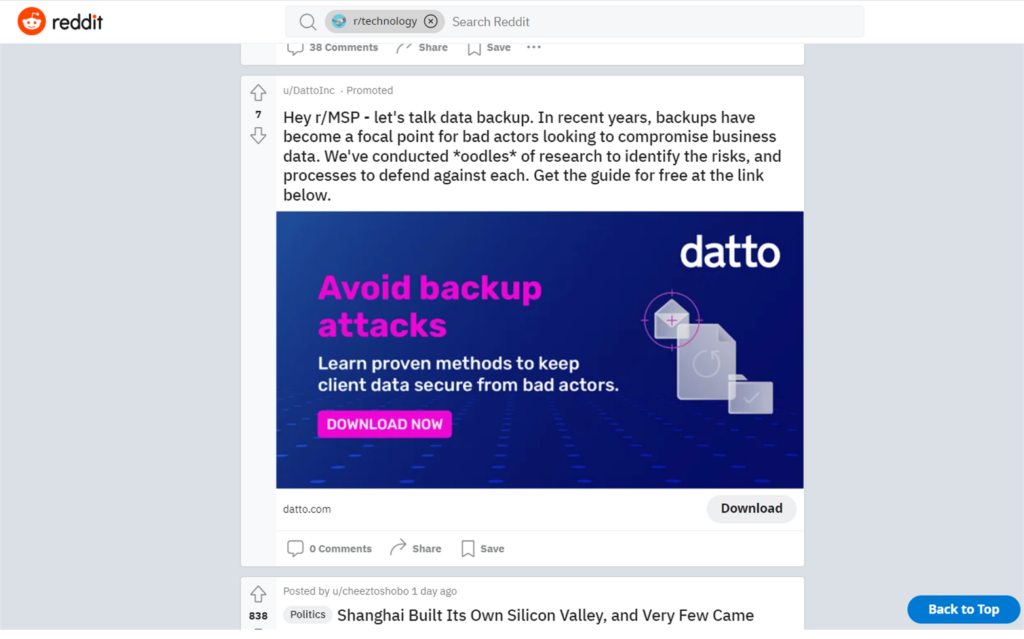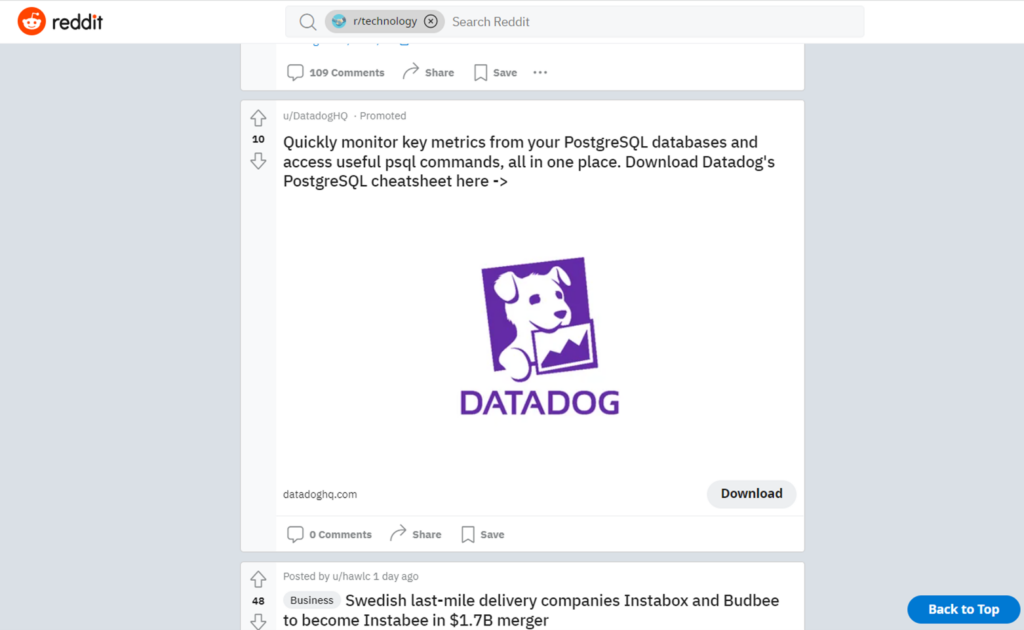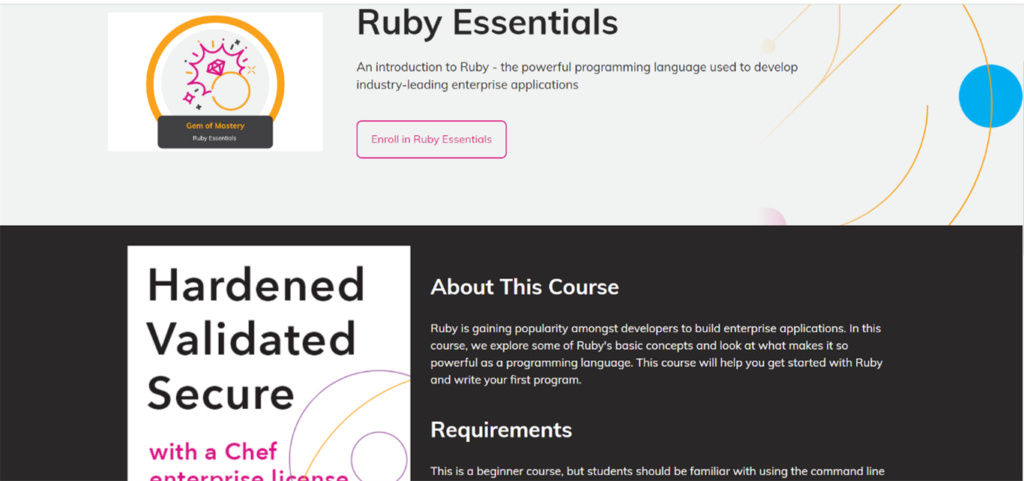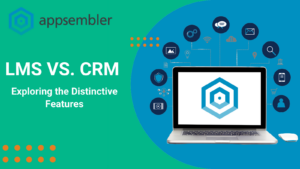Most people don’t love the idea of developer advertising. They don’t want to feel like they’re being targeted, but they are still receptive to traditional advertising techniques. They’ll click on your social media posts or PPC ads, they’ll visit your website and read your blog posts, or get in touch to find out more.
But developers really do hate advertising. They aren’t receptive to your direct selling techniques. If they think you’re selling to them, they’ll (virtually) run a mile. That’s why you need to take a different approach.
Below we’ll discuss what you’re doing wrong when it comes to developer advertising and provide tips on how you can fix it.
Why Your Developer Advertiser Campaigns Aren’t Working
Developer advertising and marketing is tricky; we get that. But if you’re trying to aggressively target your audience with jargon-filled ads, then you’ll fail. You can’t use traditional advertising techniques on developers.
Developers don’t want to read a list of benefits in a sales brochure. They won’t immediately believe your claims and what they tell you. Creating visually attractive ads might grab their attention, but flashy graphics won’t make them click on your links.
When it comes to developers, the advertising and sales process is different. It can take a long time for them to trust you and believe that you aren’t selling to them. There are no quick wins. Developers aren’t going to see an ad today and buy your product tomorrow. That’s not how it works.
How to Fix Your Developer Advertising Campaigns
To succeed, you need to create a new playbook for developer advertising that takes into account the needs and wants of your audience. Here are our top tips on what this playbook should involve.
Create Buyer Persons
Understanding your audience is crucial if you want to run successful developer advertising campaigns. But there isn’t one type of developer. They have different characteristics and you must understand this before you can set out on your advertising journey. You need to consider their:
- Experience
- Background (self-taught vs college-educated)
- Programming language
- Goals
You need to use this information to create a buyer persona. Work out where these developers hang out, what language they use, where they go for information, and their pain points.
This enables you to create advertising content that will resonate with your target audience. For example, if you find out that your developer audience reads and posts regularly on Reddit, then you can create ads to show up on this site. You can also tailor your messaging to reflect the site you’re posting on.
Datto, a cybersecurity and data backup company, posted on the MSP (managed service providers) subreddit and tailored its messaging to specifically target MSPs.

Give Back to Your Community
Instead of focusing on creating sales-focused content, build advertising campaigns that include content that gives back to the developer community and provides value to your users. You can build credibility, demonstrate your expertise in and knowledge of the space, and introduce developers to your product at the same time.
This is also a good SEO and brand-building strategy, as you can target a wider range of organic keywords on Google. Creating top-of-the-funnel content — such as blog posts on how to solve a common problem your users are facing — enables you to target a much larger audience and connect with people who haven’t heard of your product.
Take DataDog. Rather than creating an advertising campaign around starting a free trial or signing up for a demo, the company created a cheatsheet for using PostgreSQL open source databases. As Developers use the cheatsheet, they become more familiar with DataDog and may check out the product to find out more about who they are dealing with. As users have to enter their details to download the cheatsheet, DataDog gets access to their details and the developer marketing team can reach out to them at a later date.

Establish a Community of Brand Advocates
Developers trust the opinion of their peers more than the word of a software company. Instead of advertising to developers, establish a community of developers who love your product and will recommend it to their peers. While you should always be on hand to answer questions and provide help, developers can also chime in to explain how they have overcome
Also, consider getting developers to write testimonials for your product, explaining how it has helped them achieve their goals and what they use it for.
MongoDB uses its community to find champions who will be evangelists for their product within their own networks, as well as to discover clusters of users who might represent commercial opportunities. The company involves its community champions in their product development strategy where they represent the community’s needs and complaints. They also run a community speaker program where they help anyone who wants to speak about MongoDB technologies at user groups or conferences:
Educate, Don’t Sell
The best form of advertising is education. Developers are lifelong learners and they love to learn about new technologies. It’s all about helping users to grow in their careers and become better developers.
Chef, a DevOps automation tools company, takes an educational approach to its developer advertising. The company created courses through its Learn Chef online university that teaches developers how to use programming languages such as Ruby, Git, and Bash. These courses teach developers the fundamental skills they need to be successful with a range of tools and software, but they are also the programming languages you need to know to use Chef. They provide value for any developer while introducing users to their product.

The developer marketing team also gets data on who is using these courses and can use developer marketing-based nurturing campaigns to remind them of the learning experience, what they signed up to learn about, and when their homework is due. Chef Software’s marketing team is able to personalize and target traditional marketing campaigns to increase the amount of product-related courses that their developer community takes.



